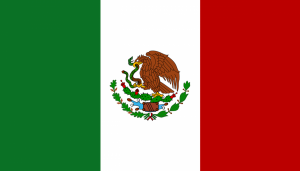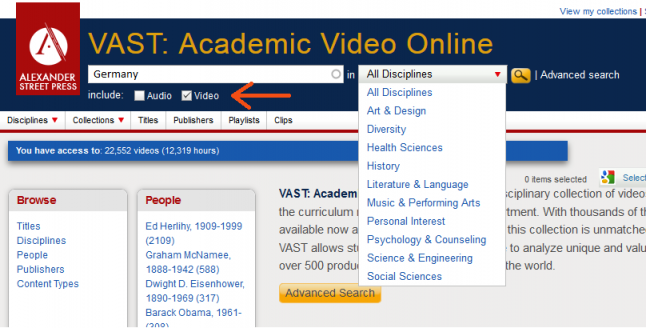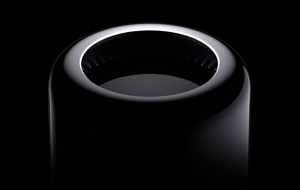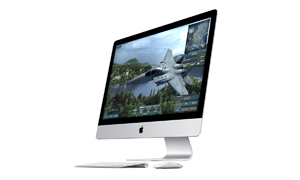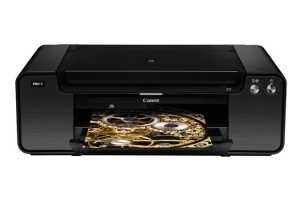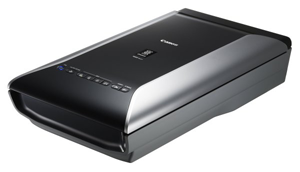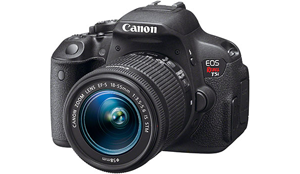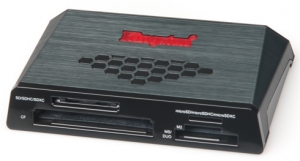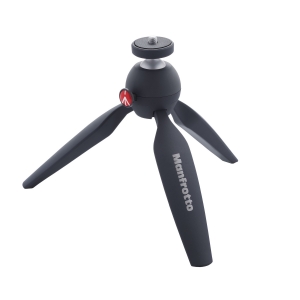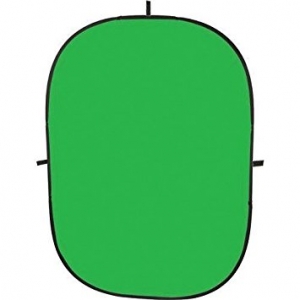INMP - Mexico
Welcome to the INMP Mexico Research Guide
You'll find resources containing background information and current information on Mexico (and the broader Central American regions) as well as the other countries that will be represented at the INMP negotiations.
The Issues:
- Economics: Looking especially at the ongoing trade war and how that will affect out globalized world
- Environment: The follow-up to the Paris Climate Change Agreement/Poland Agreement absent the United States
- Human Rights: Special attention paid to issues of migration and immigration which clearly has been brought to the top of the international agenda
The other INMP countries:
- European Union
- Palestinian Authority
- United States
- Palestinian Authority
- German
- Poland
- France
- Italy
- China
- Russia
- United States
Click on a tab below to find books, articles and websites for use in the study of Mexico.
If you need additional help, please contact the Humanities Librarian or stop by the Reference Desk. You can also get help from our online reference service: Ask A Librarian.
Finding Books
Books will be particularly useful for researching the history of your country and the three issues.
Use the COD Library's book catalog to find books & videos. You'll need a current library card to check out books.
I-Share
I-Share allows you to borrow books from over 80 Illinois academic libraries. You must have a current COD library card, and create an account to request books from an I-Share library.
E-book Collections
Most books in these collections can also be located and accessed by searching in the Library's book catalog.
- ebrary
Collection contains many books on Mexico. Many e-books can be viewed from your computer or downloaded to your e-book reader. You need to create an account to download e-books to your device.
- EBSCO e-book collection
- Humanities (ACLS) E-book Collection
Collection includes some books on Mexico. NOTE: Books can be viewed by single page on a computer, or, can be downloaded to an e-book reader. You'll be prompted to create an EBSCO account. The loan period for e-books is four hours. Books can be renewed after the initial loan period expires.
This resource includes over 1500 full-text, cross-searchable books in the humanities selected by scholars for their continuing importance for research and teaching. Pages from this collection can be printed and emailed.
Reference Works
Reference works, such as dictionaries and encyclopedias are useful for learning about background information on topics related to Mexico.
Please note that print reference books may be used while in the library only. Online reference books may be accessed from any on or off-campus computer. You'll need a library card to access online books and articles from off-campus.
Click on the links below to access the online book/website or record/description of the print book.
Encyclopedias
"Multi-Book" Encyclopedias
Search several hundred encyclopedias at one time using these databases:
Single book titles
Databases
The Library subscribes to many databases that provide access to thousands of popular and credible, scholarly journals. Many databases provide access to full-text articles, while some provide information about the article only (citation). Request (for free!) through Interlibrary Loan copies of articles to which the Library doesn't have full-text access.
Databases are organized collections of information that you can search on a variety of fields, like title and author's name. iTunes is a database and so is Amazon. Even your contacts list in your phone is a type of mini database. The Library has databases of articles from newspapers, magazines and journals. We also have databases of streaming videos, music and e-books. The difference between our databases and iTunes or Amazon is that our stuff is free for you to use. You can browse the library's databases here: http://www.cod.edu/library/resources/subjectdb/
Databases - Best Bets
Databases will be particularly useful for finding current information on countries and issues.
- Academic Search Complete
- Academic OneFile
- CulturGrams
Culturegrams is a core reference resource on understanding the world's peoples through the documentation of the unique details of their customs, traditions, and daily life. - History Study Center
Primary and secondary history collections providing access to Mexico history resources. Check out the "Topic Overview" sections. Resources include full text articles and reference materials. primary source documents and multimedia sources. - Informe
Created exclusively for Spanish-speaking users, this full-text electronic reference tool is the first system to provide indexing, images and full text of popular Hispanic magazines -- not just translations. Also included is a thesaurus and interface that are uniquely designed for Spanish-speaking users. - JSTOR
- Military & Government Collection
Contains 100s of full-text journal with articles covering foreign policy. Good for current events and some recent historical background information. - New York Times
Comprehensive digital coverage is available for this internationally renowned U.S. newspaper from 1980-present.
Multidisciplinary database covering contemporary and historical events and analysis related to cultural, political, economic and environmental issues related to Mexico.
Multidisciplinary database covering contemporary and historical events and analysis related to cultural, political, economic and environmental issues related to Mexico.
Articles covering historical and some contemporary issues related to Mexico. Note articles in database were published between the early 1700s and between 1-5 years ago, so it does not cover current issues.
Websites
Who can publish on the Internet? Anyone.
You may find a website by doing a web search or through a recommendation of another student. Before you use a website for your assignment, you should evaluate the webpage for credibility, reliability, authority and purpose. Check out the CRAP Test for more information on evaluating websites.
- CIA World Factbook
- The World Bank: Countries and Economies
- World Development Indicators Database: Country Profiles
- BBC: A Quick Guide to the US- China Trade War
- Statista
- UN Climate Change Newsroom
Browse information on climate change or search for a specific country or topic using the search bar on the right side of the page. - Intended Nationally Determined Contributions (INDCs) website listing by country.
Link to brief overview of Mexico's plan, in English. - UN Conference on Climate Change - Paris Agreement
- A Reader's Guide to the Paris Agreement
- What was agreed at COP24 in Poland and why did it take so long?
- U.S. Department of State - Relations with Mexico
Mexico - U.S. bi-lateral relations fact sheet that provides an overview of political, economic and immigration issues. Note the bibliography at the bottom of the page to other governmental resources. - Human Rights Reports: Country Reports on Human Rights Practices for 2017 (Most recent report)
Click on the "Go to a country report" tab and select Mexico. Scroll down to Section 6 - Indigenous People for a brief overview of current issues published by the U.S. Government.
U.S. Department of Homeland Security
Immigration statistics provided by the U.S. DHSNews Sites
- Google Advanced News - Mexico
Search news from Mexican new sources. All sources in Spanish.Websites from Mexico – try searching using the follow in the address bar:
Site: mx (and then add your search terms) for example:
Site:mx mexico agriculture GMO
Country Information/Facts
The World Factbook provides information on the history, people, government, economy, geography, communications, transportation, military, and transnational issues for 267 world entities. Our Reference tab includes: maps of the major world regions, as well as Flags of the World, a Physical Map of the World, a Political Map of the World, a World Oceans map, and a Standard Time Zones of the World map.
Economics
Statical data on country economies in graphical form. Click the "Details" link to get an explanation for each country graphic.
Statistical information on economic, demographic, environmental and other areas.
Concise overview of current trade war between the U.S. and China.
COD Database that includes statistical information, reports, - Search "China-US trade relations - Statistics & Facts" in search box. Click on "Sino-U.S. trading relationship" See "Influence of the U.S. Vs. China trade war."
Also click on the "Reports" dropdown at the top of the page, then scroll down to Country Reports
Environment (Paris Global Climate Change Agreement) – impact health, employment, industry
Links to information on the Paris Agreement, including the full text of the agreement.
Article from the Atlantic Monthly magazine that interprets the major points of the Agreement
Brief overview of of the COP24 from the Guardian newspaper
